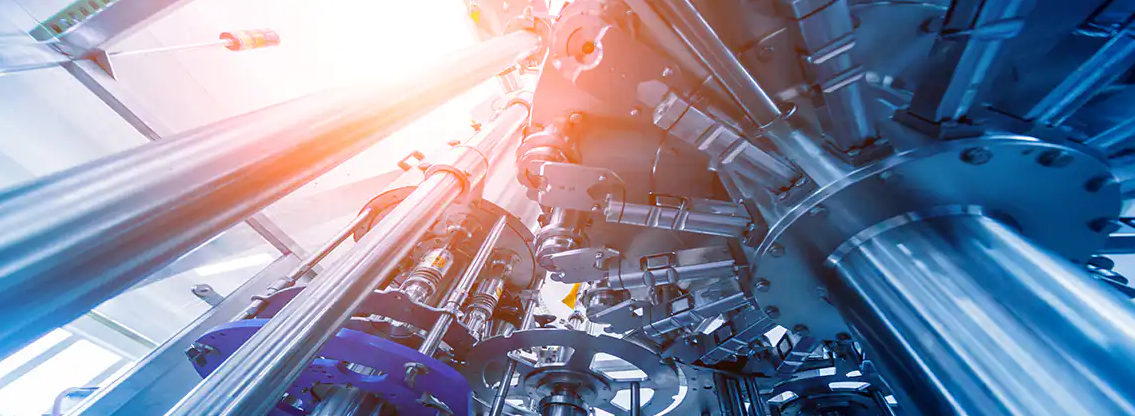Aluminum is a widely used metal in various industries due to its unique properties and versatility. It offers a combination of strength, lightweight, and corrosion resistance, making it an ideal choice for many applications. However, there are different types of aluminum available, including cast aluminum and pure aluminum, each with its own set of characteristics and applications. In this article, we will conduct a comparative analysis of cast aluminum and aluminum to understand their differences and advantages.
1. Composition and Manufacturing Process
Cast aluminum is an alloy that contains aluminum as the primary metal, along with other elements such as copper, magnesium, and silicon. The addition of these elements enhances the mechanical properties of cast aluminum, making it stronger and more durable than pure aluminum. The manufacturing process of cast aluminum involves melting the alloy and pouring it into molds, which allows for complex shapes and designs.
On the other hand, pure aluminum, also known as wrought aluminum, is 99% aluminum with minimal impurities. It is obtained through a process called smelting, where aluminum ore is refined to remove impurities and obtain pure aluminum. Pure aluminum is then shaped into desired forms through rolling, extrusion, or forging processes.
2. Strength and Durability
One of the key advantages of cast aluminum over pure aluminum is its superior strength and durability. The addition of alloying elements in cast aluminum improves its mechanical properties, making it more resistant to deformation and stress. This makes cast aluminum suitable for applications requiring high strength, such as automotive parts, industrial equipment, and aircraft components.
Pure aluminum, on the other hand, is relatively soft and less durable compared to cast aluminum. It has lower strength and is more prone to deformation under stress. However, pure aluminum is still widely used in applications where its lightweight and corrosion resistance are more important than its strength, such as in the aerospace industry, packaging, and electrical conductors.
3. Heat Conductivity
Both cast aluminum and pure aluminum exhibit excellent heat conductivity. However, due to the presence of alloying elements, cast aluminum has a slightly lower thermal conductivity compared to pure aluminum. This property makes pure aluminum more suitable for applications where efficient heat dissipation is crucial, such as in heat sinks and thermal management systems.
4. Machinability and Formability
Cast aluminum is known for its good machinability and formability. It can be easily cast into complex shapes and designs without losing its structural integrity. This makes cast aluminum a preferred choice for manufacturing intricate parts and components. Additionally, cast aluminum can be further machined or processed using various techniques such as drilling, milling, and turning.
Pure aluminum, although less malleable than cast aluminum, is still highly formable and can be easily bent, stamped, or extruded into desired shapes. Its excellent formability makes it suitable for applications requiring intricate designs, such as in the construction industry for window frames, roofing, and facades.

5. Cost
In terms of cost, cast aluminum is generally more expensive than pure aluminum. The additional manufacturing steps involved in casting and the use of alloying elements contribute to the higher cost of cast aluminum. However, the increased strength and durability of cast aluminum may justify its higher price in applications where these properties are essential.
Pure aluminum, being more readily available and easier to produce, is generally more affordable. Its lower cost makes it a cost-effective option for applications where high strength is not a primary requirement.
In conclusion, both cast aluminum and pure aluminum have their own unique properties and advantages. Cast aluminum offers superior strength, durability, and machinability, making it suitable for applications requiring high mechanical properties. On the other hand, pure aluminum is lightweight, corrosion-resistant, and cost-effective, making it a preferred choice where these qualities are more important. Understanding the differences between these two types of aluminum can help in selecting the right material for specific applications.
-

- Customized foundry products high precision die-casting parts for e-bike integrated frame
-

- Magnesium alloy die-casting LED display frame
-

- Integrated 3-spoke wheel for MTB with CNC machining &surface treatment
-

- Magnesium alloy foundry parts bicycle wheel with CNC machining & surface finishing
-

- Laptop housing cover C
-

- Детали БПЛА для тиксомолдинга из магниевого сплава

 0086-750-5616188
0086-750-5616188 +86 13392089688
+86 13392089688 sales@zhongmei-tech.com
sales@zhongmei-tech.com







